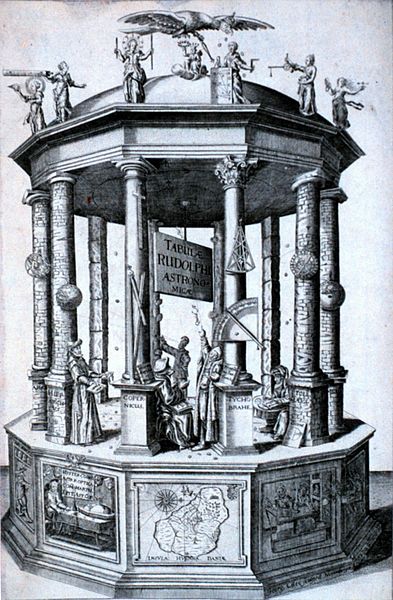
Imagine not knowing how gravity works. Or how disease is spread. Or what Earth looks like from space. All of this was once the case, and not all that long ago.
Studying the history of science allows you to have a glimpse into both the history of the world and into just how we discovered everything we know about the world. Those moments of discovery may seem anti-climactic to us now, but imagine not having discovered them at all. Imagine living without that knowledge.
The history of science does matter. Here are ten reasons why I think it does. Feel free to share your own reasons in the comments.
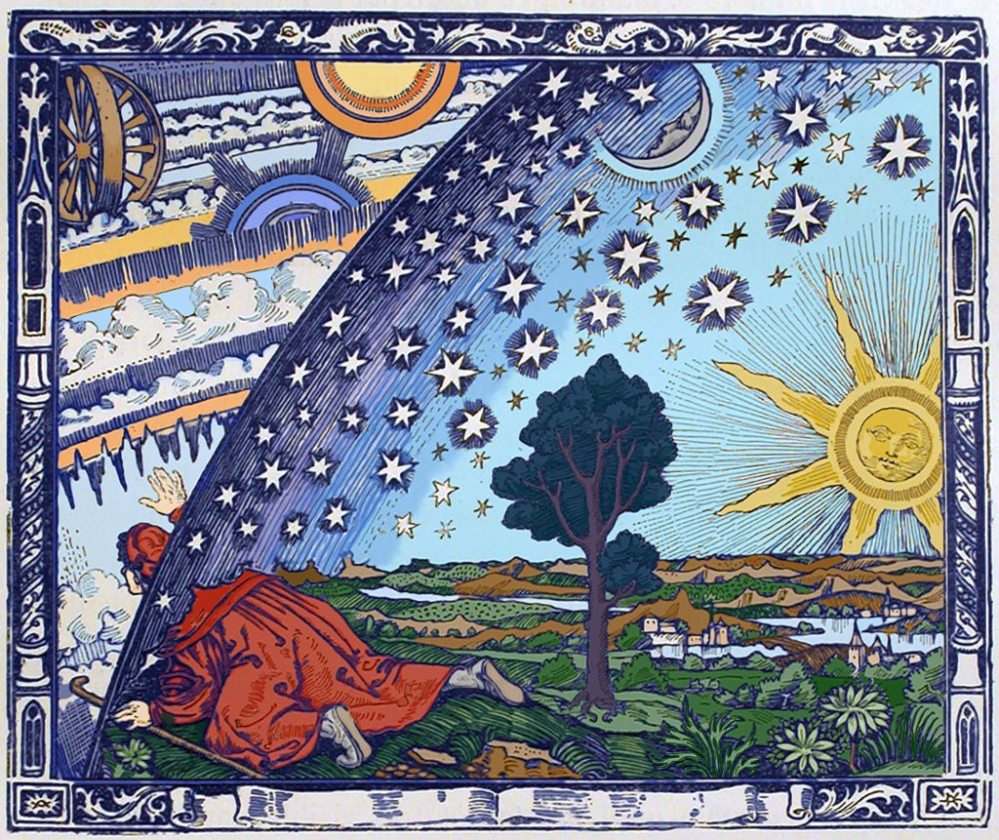
1. We learn what the world was like before we had our current understanding. People used to think the world was flat, and that the stars and the sun revolved around the Earth, and that earthquakes were messages from the gods. Each bit of our current understanding of science came gradually, through observation, measurement, and experimentation. Learning how that understanding came to be helps us also learn about our cultural history.
2. As we learn how other people made new discoveries, we learn new ways of thinking that might allow us to make our own new discoveries. We see things every day. Tricks of the light, or strange movements of the ground. We don’t often think enough about why or how those things happen. Learning about the history of science shows us how other people took input from nature and made sense of it. Then we can take our own thought exercises to the Nth degree, and perhaps come up with an original idea.
3. As we learn about the history of science, we learn about great men and women who thought outside the box and often went against convention. As a refreshing break from the bombardment of people who are famous just for being famous, learning about formal and informal scientists helps us learn about great thinkers. People who didn’t strive for the lowest common denominator. They are often great examples of learning for us and our children.
4. Placing scientific discoveries and advancement in the context of other historical events is important. By learning such facts as the last year of the American Civil War was also the year that Gregor Mendel established his laws of inheritance, the basis for genetics, we see history in context. And major societal upheavals, such as the French Revolution, also encouraged new ways of scientific thinking.
5. Learning about the history of science is a way to bring history alive for those not given to the humanities bent. History is often taught as a series of wars, or economic collapses. It’s less often taught as a series of advancements, discoveries, and positive events. While the history of science has plenty of backsliding, wrong turns, and dead ends, learning about history in this way will likely fascinate those who lean toward STEM interests.
6. Learning about science in the context of society at the time helps us understand segments of history. Learning whether new ideas are welcomed or shunned, built upon or persecuted, teaches us the different struggles that the scientists went through and support they had.
7. The history of science differs somewhat from conventional history in that it is learning about other people observing the natural world, instead of chronicling events and trends in society. This is an important distinction. As time goes on, we question more and more about what we see. And as time goes on, we develop more tools for measuring and observing the world in which we live. This creates its own historical timeline.
8. We see how science is influenced by culture. Religion, war, exploration, and necessity all spur new scientific discoveries, ideas, tools, and rules. Taking to the sea created a need for navigation at night. Wars allowed for much travel, and explorers and scientists were inspired by ideas in other cultures.
9. Scientific history is often overlooked. When we learn history, we might learn the highlights of scientific history, such as Galileo‘s oppression by the Catholic church, or Newton‘s invention of calculus. (Or was it Leibniz? Or both of them? The world may never know.) But what does the average person know of Anton van Leeuwenhoek and his contributions to cell theory? Hopefully, with the new version of Cosmos showing now, with updated science from Carl Sagan‘s fantastic original, some of the less famous scientists will become better known.
10. By learning about the history of science, we learn about the scientific revolution, one of human history’s most important eras. Many other movements in human history, such as the rise of Christianity, had a lasting effect on society. However, some may argue that the scientific revolution was and is the most important of all.
My hope is for students of all ages to learn more about the history of science. Perhaps Cosmos will drive interested folk to seek out history on their own. Perhaps more classes will be taught on the topic in schools. And for those in the STEM fields, knowing on whose shoulders we stand is important for perspective.
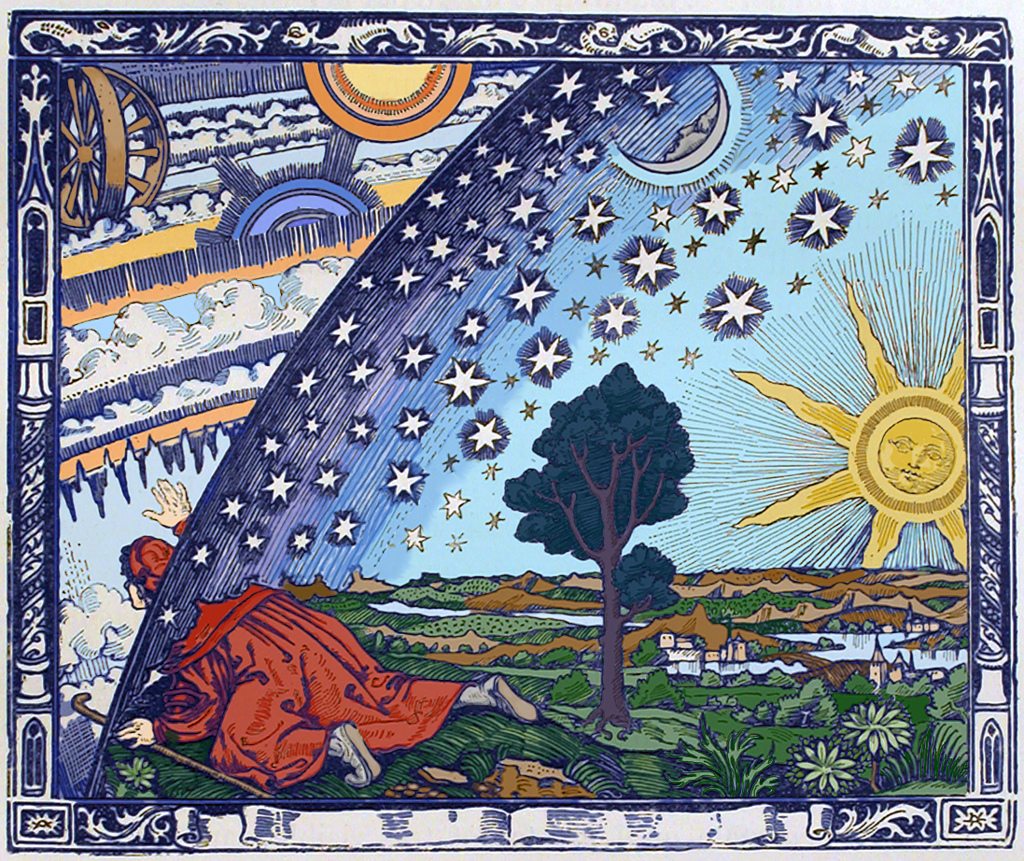


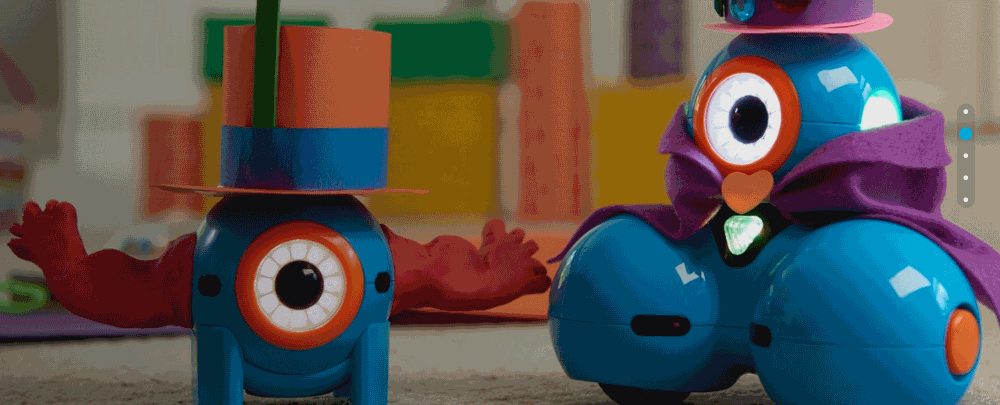
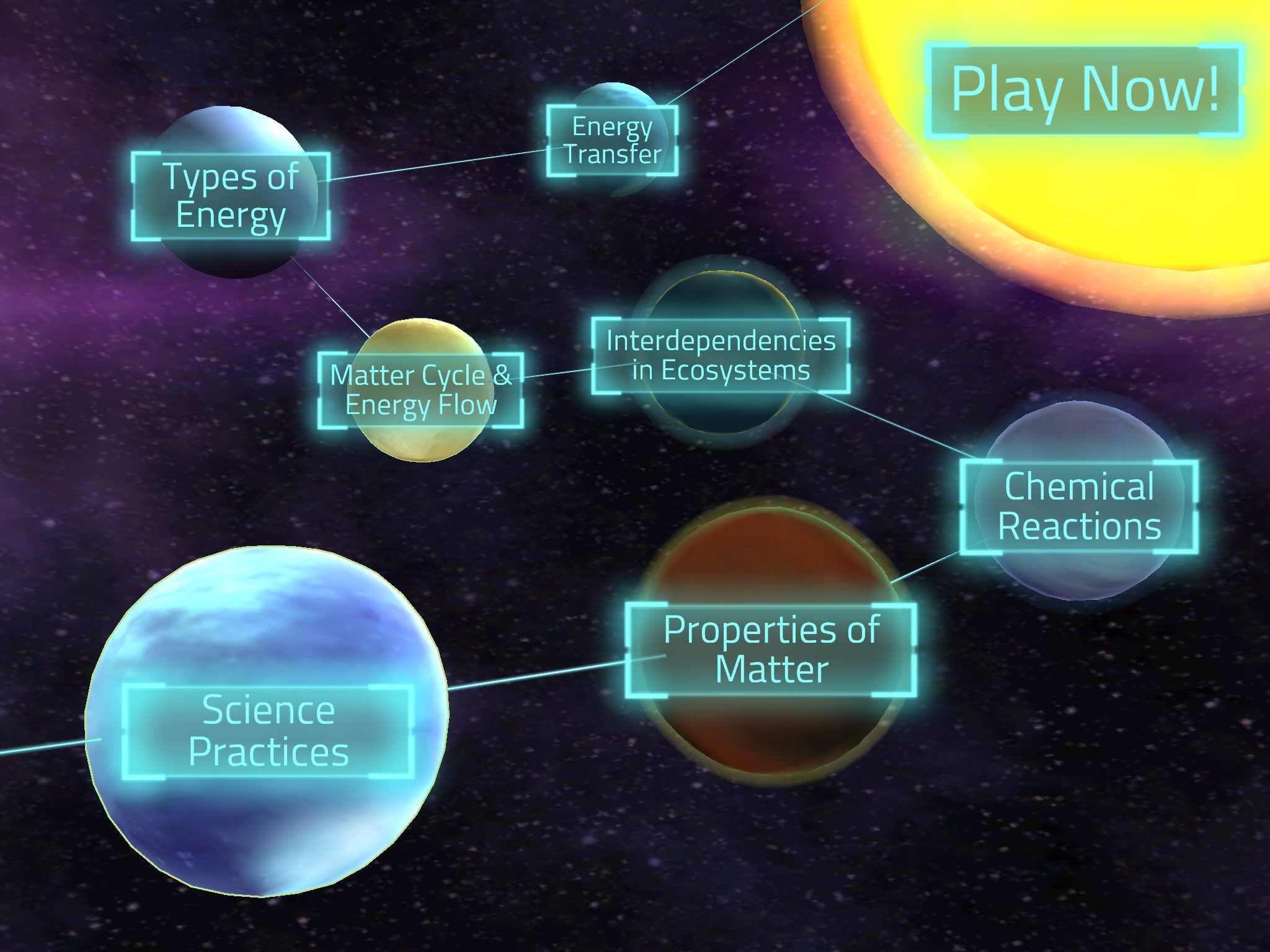
Great article! I would add one more that is hinted at, but not explicitly denoted: Scientific discovery is, in hindsight at least, linear, that is, it builds upon discoveries that have come before. So knowing and understanding those previous scientific advancements is critical to building upon them, or possibly to recognizing an untaken path that might lead to an interesting line of research.
We watched the lunar eclipse with my 11-year-old daughter last night, and she said something I will never forget: “If I didn’t know why this was, I would be scared. But it just looks cool.” That’s why we need to know science history. So we can tell our kids that it’s just a lunar eclipse, the earth is momentarily reflecting off the moon and isn’t it cool–and oh, by the way, there’s Mars! This morning, she told me she wanted to be an astronaut. 🙂
That’s fantastic! We looked up all kinds of eclipse information as we were watching. We also saw Mars and Saturn in my telescope. Worth the lack of sleep.
Great addition Mike. Thanks!
we learn about human nature and why people are wrong
I’m a video dude. I shoot commercials. Occasionally a short or music video. A few weeks ago I worked audio and acted as producer/interviewer at Johnson Space Center and got to interview a pair of astronauts…one German, one American…that were going to the ISS in May. Despite the low pay, it struck me that these guys were the first people I’ve worked with that, at a species level, were the first people is shot doing something that mattered. Pretty cool. I hope the BS between Russia and America doesn’t intervene.
Indeed. Thanks for the comment, Chance!
The world may never know
We do know and in great detail ;))